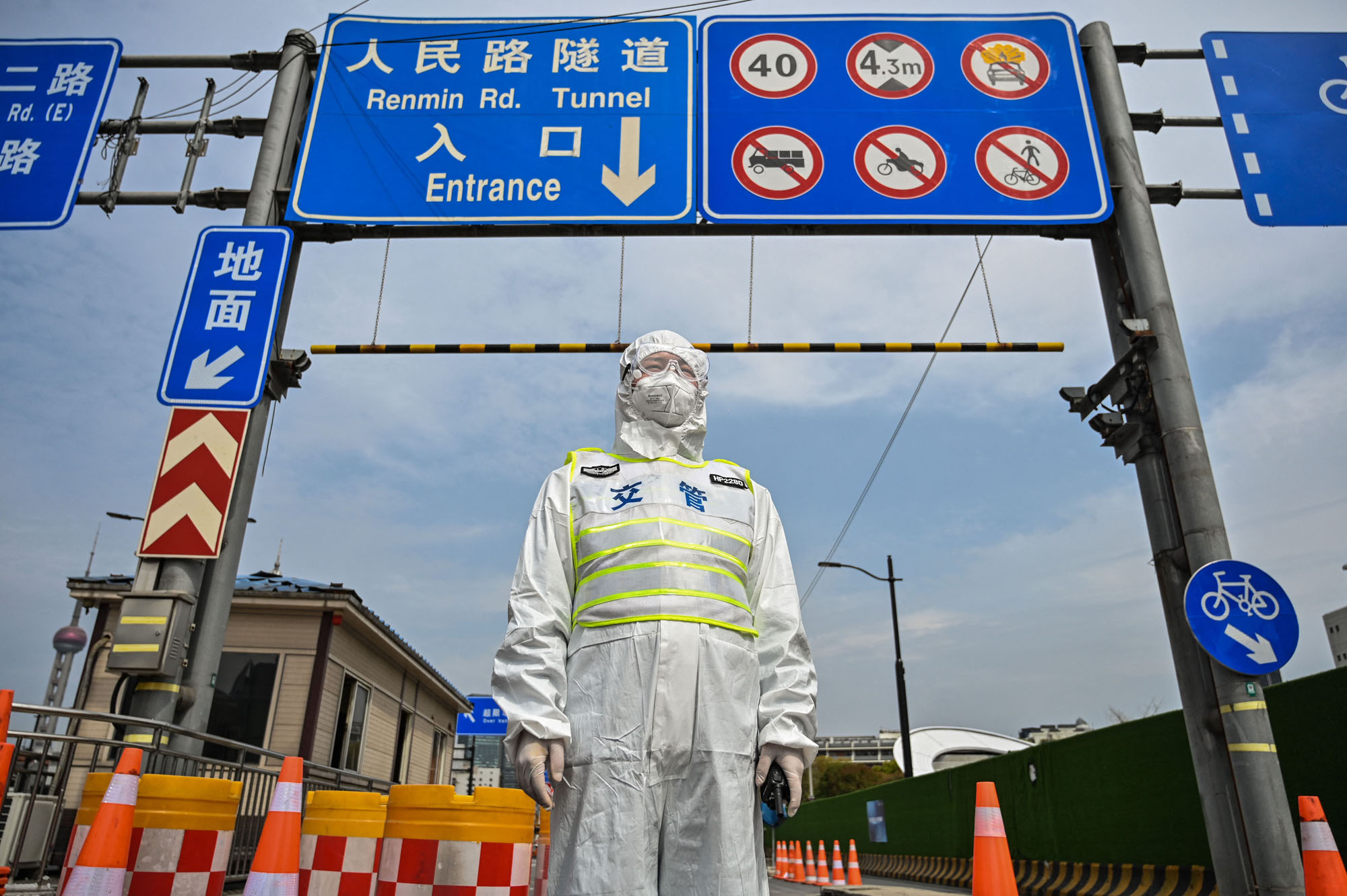
A large number of foreign citizens have been caught up in Shanghai’s extended COVID-19 lockdown, which has been in place for more than two weeks in some parts of the city.
Like Chinese residents, foreigners are facing a difficult situation as they struggle for access to food and medical care.
Various parts of the city went into lockdown in March until a city-wide lockdown was announced on April 3.
Since then, there have been reports that some residents in the city of 25 million people have run out of food and water.
A Shanghai resident surnamed Luo told The Epoch Times that he’s familiar with the life of foreigners in the city. He said if they don’t know Chinese, it’s difficult for them to find goods, including online.
“Even Xu Xin, the Shanghai investment tycoon, has to go ask for help to get bread online. What about foreigners?” Luo said.
South Korean Yoo Jae Youn was a sales executive of Samsung SDI in China, part of the Samsung Electronics group, and went to Shanghai to start his own business. He’s one of the relatively lucky ones under lockdown, as he understands Chinese well, so he can sometimes “exchange goods” with neighbors in the community.
“I recently said in a group chat on social media that I need some garlic, and the neighbor asked me to bring some white rice for exchange,” he said.
He said that on some social platforms, many employees of South Korean companies in China are “very angry” and complain about the Chinese authorities’ lockdown policy.
South Korean media YTN reported on April 11 that there were roughly 400,000 foreigners in Shanghai. Among them, an estimated 150 to 300 South Korean students live alone outside their school.
They said they feel isolated and helpless and noted that it’s difficult for them to find food.
The students said local food delivery services were almost paralyzed, according to the report. Local authorities distributed some public emergency supplies, such as uncooked vegetables, for a fee, but the students couldn’t cook in the rental housing. The students said they resorted to exchanging the vegetables they had been given for water or instant noodles with Chinese neighbors as they were taken to do mass COVID-19 testing.
Yoo said he felt that the students’ situation was very difficult.
“They cry every day and have nothing to eat,” he said. “When they come to Shanghai, they usually don’t speak Chinese, and they don’t usually cook by themselves. So the Chinese government’s rationed food supply is useless to them, as it’s all raw vegetables.”